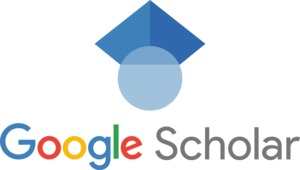Teaching Lab-based Courses Remotely: Approaches, Technologies, Challenges, and Ethical Issues
DOI:
https://doi.org/10.31436/ijes.v9i3.406Keywords:
MOOCs, Online learning, STEM, Online ethics, Virtual laboratories, Virtual realityAbstract
Online learning has gained substantial traction since the popularization of Massive Open Online Courses (MOOCs) over the last decade. After the dawn of the Covid-19 pandemic, online learning has become an indispensable mode of modern-day education. All educational institutions around the world are now compelled to switch to online classes as a physically safer and more flexible option for teaching and learning during the pandemic. Although many studies have examined the effectiveness of this online T&L mode, almost no attention has been paid to the use of virtual laboratories, which are an important means of teaching practical skills and complicated theories for science and engineering subjects. Like other online methods that have their particular advantages and disadvantages, the utility of virtual laboratories is detracted by the fact that they lack some of the qualities present in the actual experiments seen in traditional learning classrooms. In particular, virtual labs are not as effective as authentic lab experiments in developing soft skills that are typically acquired from students’ teamwork activities, in addition to lacking the ability to assess the various levels of knowledge acquisition, content mastery and student attention in class. Hence, the aim of this paper is to address these issues about the utility and drawbacks of virtual labs in achieving the long-term goals and learning outcomes of STEM education. In addressing these issues, the paper highlights the varying technologies, such as gaming and virtual reality, used by different educational institutions as substitutes for physical engineering laboratories. The final section of the paper discusses some of the ethical issues related to online learning for science and engineering subjects.
Metrics
Downloads
Published
How to Cite
Issue
Section
License
Copyright (c) 2021 IIUM Press, International Islamic University Malaysia

This work is licensed under a Creative Commons Attribution 4.0 International License.
The Journal will own copyright to all published works and have the right of first publication, both in print and online, unless other arrangements are made with the Editors in advance. It is the author`s responsibility to ensure that where copyright materials are included within an article the permission of the copyright holder has been obtained beforehand.




















